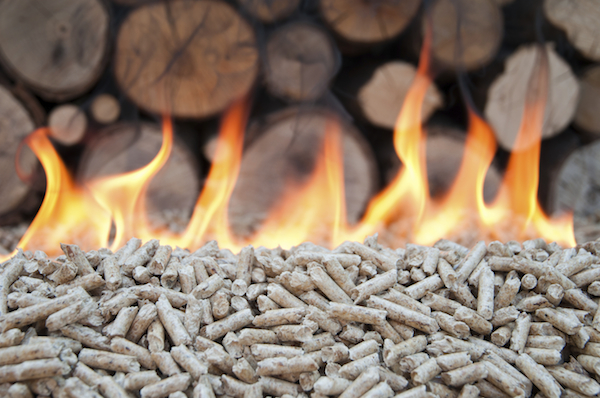-
EASAC updates position on CCS, BECCS, and forestry biomass firing to be very slightly more positive
Date posted:
-
-
-
Post Author
Patrick LaveryCombustion Industry News Editor
-

In slightly older news, the European Academies Science Advisory Council in February 2019 gave an update on its summary of the state of forest biomass as a replacement for coal, carbon capture and storage at point sources (such as power plants and other heavy industry), and carbon dioxide removal and other negative emissions technologies. This was in reference to an initial report published in February of 2018, and a commentary in June 2018 on forest bioenergy and carbon neutrality. In this year’s update, the report finds that for forest biomass, the environmental benefits can be mixed, and that ‘payback periods’ for the reabsorption of carbon released during combustion could be in the range of “10 years to never”, concluding that stricter accounting rules should be in place so that biomass burning can justifiably be considered renewable (or not, depending on the circumstances of each case). This is an improvement on the previous year’s report, which was more wholly critical of forest biomass as a renewable power generation mechanism. For CCS at point sources, the report refers to its earlier position that “efforts should continue to develop CCS into a relevant and relatively inexpensive mitigation technology”, and that “maximising mitigation with such measures will reduce the future need to remove CO2 from the atmosphere”. Bioenergy with CCS as a means of ‘negative’ emissions is possible, according to the report, though very sensitive to the “type of bio-crop and previous land use”, the effectiveness at reducing carbon dioxide from the atmosphere having to be determined on a case-by-case basis. BECCS also carries risks in terms of water and fertiliser use, food security and biodiversity, which together might make it less viable in some areas, and in addition, if the land use and crop conditions are suitable, the net effect can be carbon positive. It concludes that “BECCS deployment at the huge scales envisaged in many scenarios may greatly overestimate our collective ability to manage carbon cycle flows, thereby risking doing more harm than good.” The report is thus mixed news for climate change mitigation – positive for CCS, sceptical and uncertain about BECCS, and somewhat more optimistic about forest biomass. It recommends more research into BECCS to increase the certainty of its effectiveness and identification of the conditions which will best deliver negative emissions at scale.
